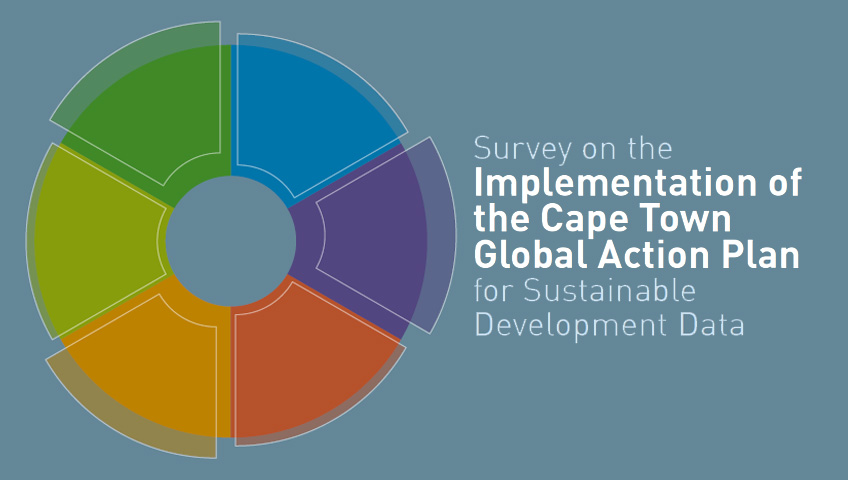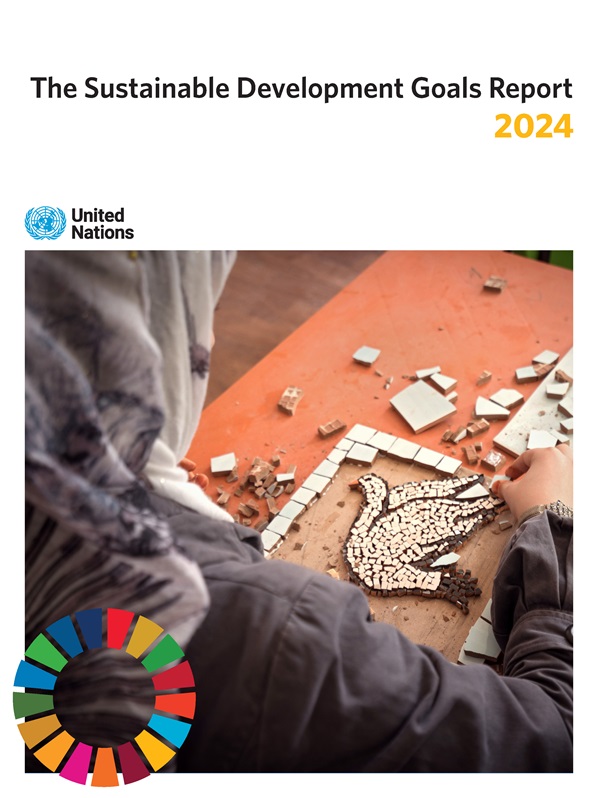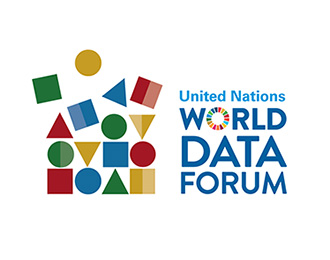Global data community’s response to Covid-19
Data for a changing world
Global data community’s response to Covid-19 (PDF)
Announced at the closing session of the 2020 virtual UN World Data Forum
Wednesday, 21 October 2020
Prepared by the HLG-PCCB following an open and public consultation
The Data community’s response to Covid-19 was announced at the 2020 virtual UN World Data Forum and will be tabled for endorsement at the United Nations Statistical Commission at its 52nd session in March 2021. The Data community’s response to Covid-19 is an acknowledgement that during the pandemic the demand for data and statistics are greater than ever and a critical part of building back a more equitable, sustainable and resilient future; but they are in short supply in many parts of the World. The response appeals to the whole data community to come together to support the response to the Covid-19 pandemic and accelerate action on the Sustainable Development Goals (SDGs). It resolves to ensure data to leave no one behind, trust and privacy in data and increase investments in data to respond more effectively to the Covid-19 pandemic, future disasters and renew the call made in the Dubai Declaration for an innovative funding mechanism to help implement the Cape Town Global Action Plan (CTGAP)
- We, the participants of the United Nations World Data Forum representing the global data ecosystem of different data user and producer communities come together at a virtual session of the Forum to support the ongoing evidence-based response to the Covid-19 pandemic where the demand for data and statistics are greater than ever but they are in short supply in many parts of the World
- Observe at the 75th anniversary of the United Nations, the importance of continued international cooperation to tackle these substantial supply side issues which impair Government’s and the public’s actions in response to this pandemic, future disasters and to the achievement of the Sustainable Development Goals (SDGs)
- Reiterate at the marking of the third World Statistics Day on the 20th October 2020 the importance of connecting the World with data we trust
- Reaffirm the urgency of implementing the Cape Town Global Action Plan for Sustainable Development Data (CTGAP) and the Dubai Declaration to finance the development of more timely, high-quality, disaggregated, geospatially enabled data; that is relevant, well-documented, interoperable and open by default while respecting the right to privacy; as needed to inform the response to the pandemic and other disasters
- Recognise access to affordable information can be achieved by strengthening national statistical systems, the national statistical office as coordinator of this system, and national geospatial information management; through investment in data tools and platforms to gather and communicate information that engages users and ensures the continuity of statistical and data operations
- Increasingly aware that data and official statistics are a critical part of getting back on track to realise the 2030 Agenda for Sustainable Development, to build a more equitable, sustainable and resilient future
- We call for accelerated action on the implementation of the CTGAP and Dubai declaration agreed in previous Forums as a key response to the Covid-19 pandemic and the achievement of the SDGs. We highlight our shared response to do the following:
- Create data to leave no one behind where we continue to develop disaggregation in data to mainstream gender equality, integrate geospatial and statistical information, and define common standards and tools to ensure that everyone is counted;
- Promote data literacy and empower the public, policymakers, planners and decision-takers to understand and use data effectively; while supporting the reduction of misinformation and disinformation;
- Maintain trust and privacy in data by; full engagement with users, protection in law, regulation and common practice for both individuals and businesses, whilst ensuring transparency and accessibility to data that is of public interest;
- Develop capacity to modernise data systems not only at the national level, but also at the local and subnational levels, especially among lower-income and more vulnerable countries, to generate public data that are fit for purpose, open, interoperable and nationally coordinated; with special attention to the coverage of the poorest and most vulnerable populations; including investment in basic statistical infrastructure such as census, survey and registration systems;
- Increase investments in data to respond more effectively to the Covid-19 pandemic, future disasters and address the huge data gap in informing the implementation of the 2030 Agenda for Sustainable Development; thereby helping to improve data inequality and close the digital divide across the World.
- We will continue to make progress on an innovative funding mechanism for financing data and statistical development as called for in the Dubai declaration recognising that; while each part we play in the data ecosystem is unique and irreplaceable, only by working together can we make any such mechanism sustainable.
- We look forward to meeting together again to review and expand on this response and share further experiences of tackling the Covid-19 pandemic through data at the third United Nations World Data Forum in Bern, Switzerland between 3 and 6 October 2021.
I. Preamble, the impact of Covid-19
II. Resolve to improve data systems, the current actions
III. Future outlook of data in the recovery
QUICK LINKS
- 2030 Agenda for Sustainable Development
- SDGs Database
- 2025 Comprehensive Review Process
- Survey on the Implementation of the Cape Town Global Action Plan for Sustainable Development
Data

- SG's progress report 2024
- Statistical Annex 2024
- SDGs report 2024

- Gender Snapshot 2024
- UN Data Commons for the SDGs
-

- Medellin Framework for action on data for sustainable development
- Hangzhou Declaration
- Bern Data Compact
- Cape Town Global Action Plan for Sustainable Development Data
- Dubai Declaration
- Global data community's response to Covid-19
- Statistical Commission